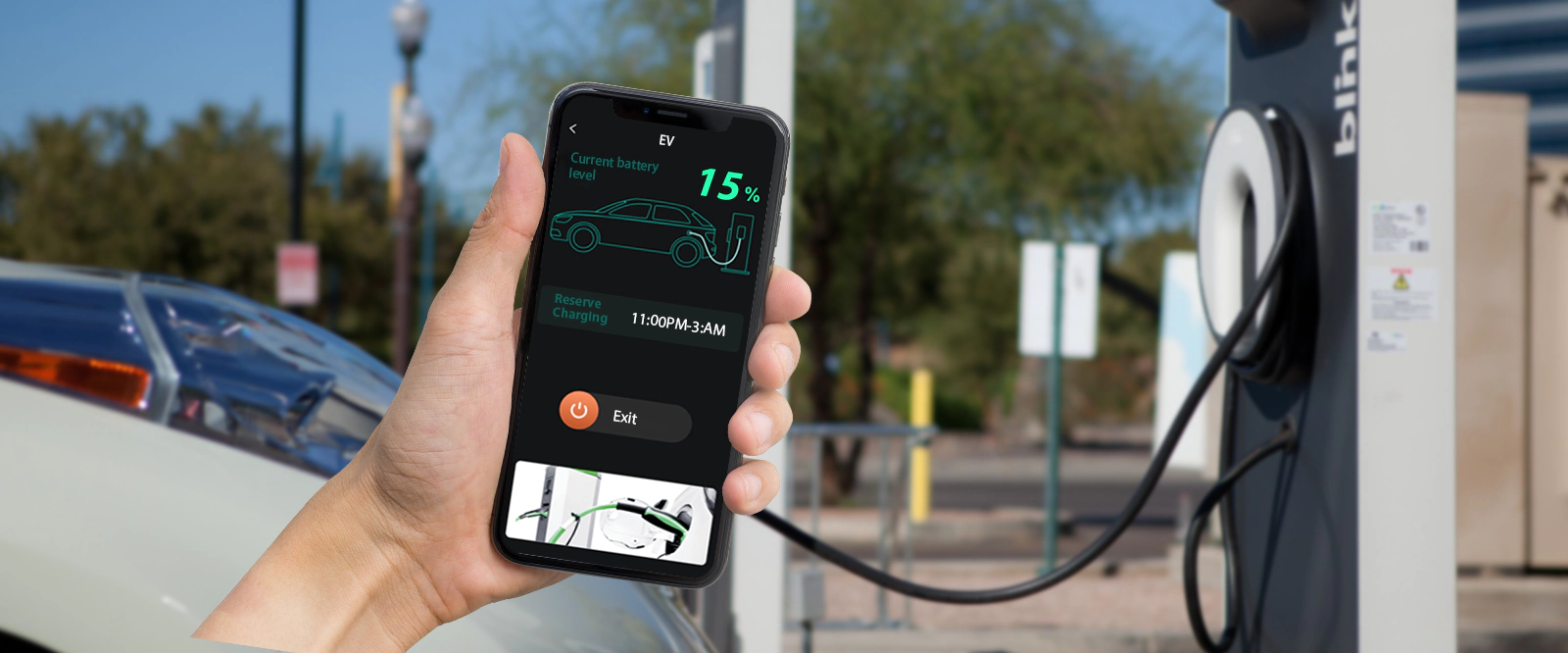
OCPP 1.6: Reservation function
The reservation feature of OCPP 1.6 provides significant benefits to electric vehicle (EV) charging network operators and users, primarily in enhancing user experience, optimizing charging station resource utilization, and improving system flexibility and scalability. The main advantages are as follows:

▶ 1. Improving User Experience
- Reducing Waiting Time: Users can lock a charging station in advance through the reservation feature, avoiding waiting times during peak hours.
- More Efficient Charging Process: By completing the reservation before arriving at the charging station, users can start charging directly without additional steps, simplifying the process.
- Enhancing User Trust: The reservation feature ensures the availability of charging stations, reducing frustration caused by occupied equipment and increasing user trust in the charging network.
▶ 2. Increasing Charging Station Utilization Efficiency
- Avoiding Resource Conflicts: Through the reservation mechanism, the specified charging connector is locked during the reservation period and is only available to the corresponding user, preventing others from occupying it and optimizing resource allocation.
- Supporting Load Management: Combined with smart charging features, operators can dynamically adjust power distribution and load balancing to accommodate multiple simultaneous reservation requests.
▶ 3. Flexibility and Compatibility
- Support for Multiple Communication Protocols: OCPP 1.6 supports JSON and SOAP message formats and provides real-time communication capabilities through WebSocket, enabling quick responses and adaptability to different system environments.
- Cross-Vendor Compatibility: As an open protocol, OCPP 1.6 allows seamless integration of devices from different manufacturers, enabling the reservation feature to function in multi-brand and multi-network environments.
▶ 4. Supporting Dynamic Scalability
- Integration with Smart Scheduling: The reservation feature of OCPP 1.6 can be combined with smart scheduling algorithms to predict peak periods based on historical data and dynamically adjust reservation strategies to further optimize resource utilization.
- Future Upgrade Potential: Although OCPP 1.6 does not support long-term reservations (e.g., for a specific time on a future date), its open architecture allows for custom extensions or upgrades to OCPP 2.0.1 to implement more advanced reservation features, such as “planned trips.”
▶ 5. Reducing Operational Costs
- Minimizing Manual Intervention: Through automated reservation and management processes, operators can efficiently manage charging station resources without manual involvement, reducing operational costs.
- Optimizing Data Usage: OCPP 1.6 supports JSON over WebSocket, which reduces mobile data usage costs while improving message transmission efficiency.
▶ 6. Enhancing Security
- Data Protection: OCPP 1.6 supports TLS encryption and authentication mechanisms to ensure that reservation-related data is not tampered with or leaked during transmission, providing secure protection for users.
- Preventing Misuse: Through identity verification (such as RFID, NFC, or mobile applications), only authorized users can start their reserved charging session, avoiding misuse or abuse.
In conclusion, the reservation feature of OCPP 1.6 not only enhances user experience but also provides operators with more efficient and flexible resource management tools while offering excellent scalability and security. These advantages make it an essential component for building modern EV charging networks.